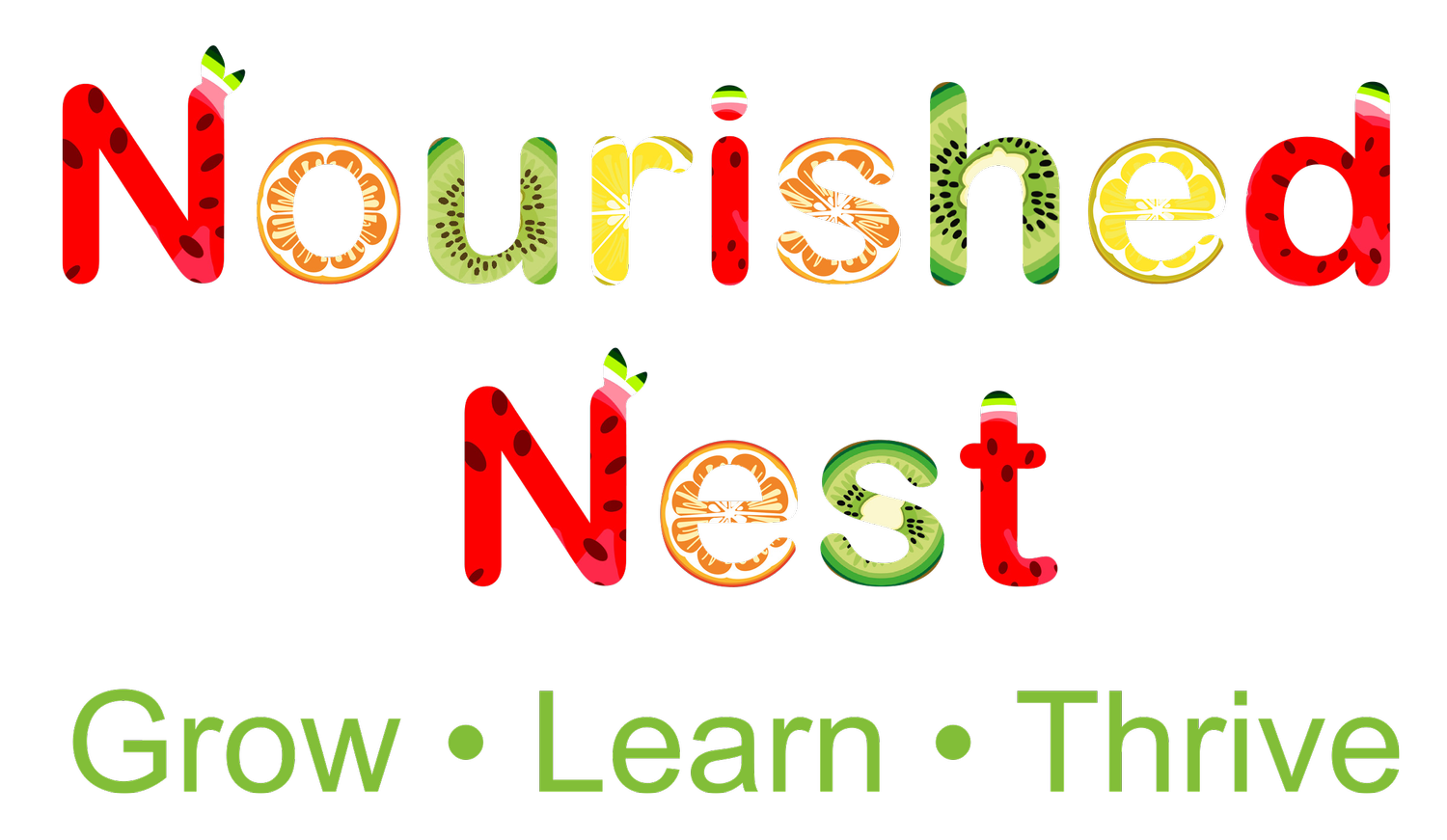The Power of Nutrition for Emotional Well-being
Emotions and nutrition are deeply connected, especially during pregnancy, postpartum, and childhood. As hormones shift and young minds develop, the right foods can stabilise mood, enhance resilience, and support overall well-being.
As someone passionate about maternal and child nutrition, I help families understand how food fuels feelings and how small, sustainable changes can make a big impact on emotional health.
For Mums: Supporting Emotional Regulation & Hormone Balance
Pregnancy and postpartum bring huge hormonal shifts that can impact:
🔹 Mood & stress levels (postnatal blues!)
🔹 Energy & sleep quality (exhaustion)
🔹 Mental clarity & focus (brain fog!)
Nourishing the body properly during this time can help regulate hormones, stabilise blood sugar, and reduce stress levels.
💡 Key Nutrients for Emotional Well-being & Hormone Balance:
✅ Omega-3 fatty acids → Reduce stress & brain fog (found in salmon, walnuts, and flaxseeds)
✅ Healthy fats & proteins → Keep blood sugar stable & prevent mood swings (avocados, eggs, nuts)
✅ Gut-supporting foods → A healthy gut = a healthy mind (probiotic-rich foods like yogurt, kefir, and fiber-rich foods)
✅ Magnesium & B vitamins → Help with relaxation, stress management, and sleep quality
💖 When we nourish ourselves properly, we don’t just feel better physically, we also improve our ability to manage stress, stay present, and bond with our little ones.
For Children: The Link Between Nutrition & Emotional Regulation
Children’s emotions and behavior are directly impacted by what they eat. Sugar crashes, nutrient deficiencies, and gut imbalances can lead to:
🚩 Mood swings & tantrums
🚩 Difficulty concentrating
🚩 Increased anxiety & hyperactivity
But with the right nutrition, we can set children up for emotional resilience & mental clarity.
🍎 How to Support Emotional Regulation in Kids with Nutrition:
✅ Balanced blood sugar → Fewer meltdowns & steady energy (pair carbs with protein & fiber)
✅ Omega-3s → Support brain function & emotional stability (fatty fish, walnuts, chia seeds)
✅ Gut health → Helps regulate stress & serotonin levels (fermented foods, fiber-rich fruits & veggies)
✅ Reduce processed sugar → Prevents mood crashes & hyperactivity (swap juice for water, refined snacks for whole foods)
🌍 Emotional Health Awareness Day: Why This Matters
Emotional well-being is just as important as physical health. Whether it’s a new mother navigating postpartum recovery or a child learning to self-regulate, food plays a crucial role in emotional stability.
We often talk about mental health strategies, but nutrition is often overlooked even though it’s one of the most powerful tools we have to support emotional balance.
To Boost Omega 3 why not try this simple salmon pate’
Salmon Pate
200 g Cooked salmon (
200 g Cream cheese
100g Live Greek Yoghurt
0.5 Lemon - juice only
5 g Fresh dill - chopped
pinch Sea salt and ground black pepper
You could use a mixture of cooked salmon fillet and smoked salmon to add some extra flavour. If you are using smoked salmon, then use less salt.
Method
Put all the ingredients into a mixing bowl.
Mix well so that everything is combined.
Serve with oat biscuits, vegetable cruditees (cucumber, carrots, red peppers)
💡 Let's Take Action Together!
💖 Are you a new mum struggling with postnatal recovery? A parent looking to support your child’s emotional health naturally?
📩 I’d love to help! Let’s connect. Whether it’s through personalised nutrition strategies, resources, or workshops, I’m here to support mothers and children on their journey to emotional and physical well-being.

